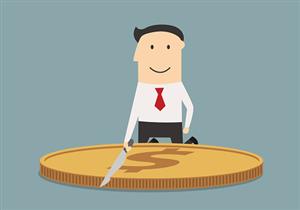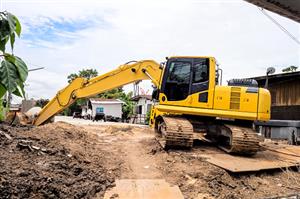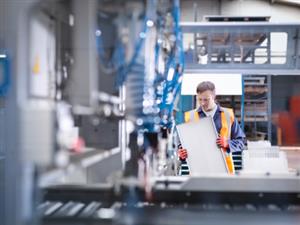
When you buy a business, it's important to get a business valuation to know what you've purchased. One part of that is to help you develop an allocation of purchase price. But what exactly is a purchase price allocation and how does it affect your new business? Here are the basics of purchase price allocation and what it means for your company.
What is Allocation of Purchase Price?
When a business is purchased, the buyer typically pays a negotiated price that consists of both tangible and intangible assets. The intangible assets include things like goodwill, brand recognition, the current market in that sector and the projected future income of the business. Tangible assets are often considered easier to value, but in fact can have a wide range of values. Purchase price allocation involves assigning a certain amount of the business' sale price to the tangible assets. But why is this a common practice?
When a business is sold, new accounts are set up to cover the business loan and other liabilities, accounts receivable, accounts payable and assets. As the backbone of the business' capital, assets play a very important part in determining whether a business is solvent or operating in the red. Because machinery can be a large part of those assets, knowing what it's worth is vital to setting up the accounts properly, with each machine's valuation being recorded so that depreciation can be counted against the machinery as time passes under the new ownership. Even if a machine has been completely depreciated under the former owner, its value is part of what determines the final price of the business, so knowing the actual value of a machine that has been completely depreciated on a standardized depreciation table is vital to having an accurate picture of the transaction.
Because equipment acquisitions and replacement can have a major impact on your business' overhead and overall profitability, it's important to make sure the equipment value is properly calculated. If it's based on the former owner's completely depreciated value but is still used as a vital part of the daily operations at the business, there will be a lower level of assets in the business, making it hard to take advantage of possible business opportunities that come your way, because you may not be able to get enough credit with undervalued machinery. On the opposite side, if you overestimate your machinery's value, you could be overstating your company's assets and putting your business in a risky situation where you're making an investment that you may not have the assets and capital to cover it if it falls through.
One benefit of machine appraisal that is often left unconsidered is the estimated remaining usable life of a machine. When you're acquiring a new business, you don't necessarily know exactly how long a piece of machinery will last. When an equipment appraiser goes over a machine, he or she can estimate its remaining life so that you can depreciate it over the proper period of time and plan ahead for replacement machinery.
Now that you know the importance of allocation of purchase price in determining equipment values for your business, it's time to look at having a machinery valuation performed on your business' assets.





